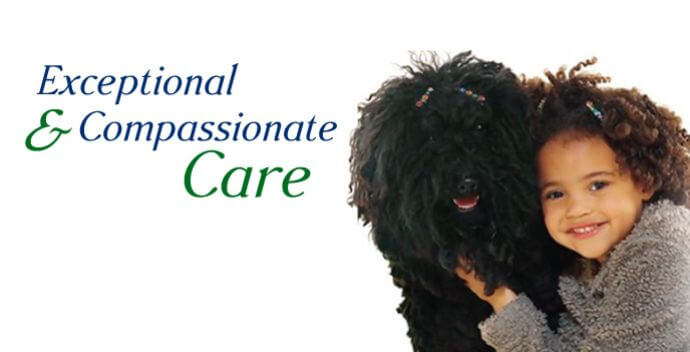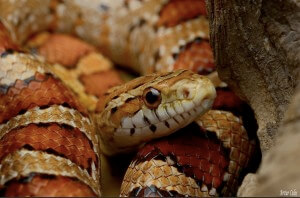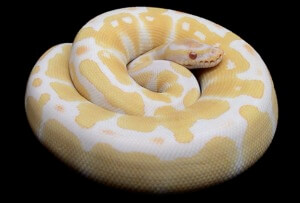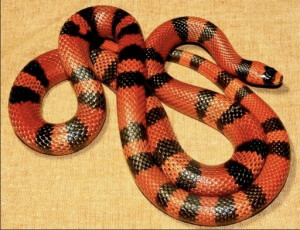Chinchilla
 Chinchillas are a rabbit sized rodent from the Andes Mountains in South America that can live from 18-20 years. They need a dry climate that is neither too hot nor too cold as they are susceptible to heat stroke and freezing to death. Just like rabbits, chinchillas have teeth that continually grow, up to 10-12 inches a year and they can jump about a foot off the ground. If you are purchasing a chinchilla for the first time there are some variables you should consider before your purchase.
Chinchillas are a rabbit sized rodent from the Andes Mountains in South America that can live from 18-20 years. They need a dry climate that is neither too hot nor too cold as they are susceptible to heat stroke and freezing to death. Just like rabbits, chinchillas have teeth that continually grow, up to 10-12 inches a year and they can jump about a foot off the ground. If you are purchasing a chinchilla for the first time there are some variables you should consider before your purchase.
Chinchillas make great pets for grown children as long as they have been socialized. A chinchilla that has not been socialized will display aggressive behavior and typically be more inclined to bite. The best place to purchase a chinchilla is from a reputable breeder who is willing to give you a list of referrals. Chinchillas bought from a pet store have most likely not been properly socialized and are more liable to be sick due to the lack of socialization, or being bored. You should buy a chinchilla when it is 10 months old so that you can socialize with him/her yourself as well as get comfortable with one another.
Be careful when handling your chinchilla, they are fragile animals and can be hurt easily. If you wish to hold him/her you should cup their bottom in one hand and hold them securely, but not too tightly in your other hand supporting their arms and neck. You should also give a chinchilla a dust bath every week. Be sure that the dust is not grainy like sand, but more like dust or ash. Put some dust in a shallow bowl and rub all over the chinchilla. The dust stops the chinchilla from contracting diseases from an unclean coat and is something they would do in the wild.
When purchasing a cage for your chinchilla stay away from cages with wire floating bottoms. Chinchillas can easily get their feet stuck in between the wire and hurt themselves trying to free their foot. These bottoms can also cause a chinchilla to become arthritic from walking carefully all the time trying to avoid trapping their feet in the mesh. The best cage will have tiers for the chinchilla to jump onto and off of. Be wary of buying hamster balls or wheels for your chinchilla, these result in high number of deaths and accidents.
Chinchillas need a specific diet. They can eat guinea pig food as well as alfalfa and timothy hay. Be sure not to leave soiled hay or food lying around the cage, as these will cause the chinchilla to become sick should they ingest it. Chinchillas should never be fed too much treats as these can cause troubles for the chinchillas sensitive system. However you can use treats sparingly as a means to train your pet. You should bottle feed your chinchilla water. Make sure that you wash the bottle well in hot water and don’t use soaps as these can cause the animal to become ill.
The same goes for cleaning the cage. Because the cages wires may be treated with toxins you should clean the cage with hot water before placing your chinchilla in there. You should clean the cage of your chinchilla every day or every other day. Wash the bottom of the cage once a week with water and bleach ensuring to rinse well with hot water.
Chinchillas are curious animals that need a lot of stimulation and toys that they can chew. If you plan to let your chinchilla loose in a room of your home you will need to proof it first. Make sure there are no exposed wires, wood or furniture for your animal to chew. If you are going to handle and play with your chinchilla you must do so at the same time everyday. Chinchillas are nocturnal and are more active at night, they also tend to be very time sensitive, which means that it causes them stress if they do not have routine.
You should give your chinchilla toys that not only pique his curiosity and help him to wear down his teeth. Salt licks, cardboard boxes, and untreated wooden toys are great. You can even let your chinchilla gnaw on bones. Never let your chinchilla chew wires, plastic, or anything that has been chemically treated because they can cause your pet to become deadly ill.
All pets need a certain amount of care, always research the type of animal you are thinking about purchasing before your buy them. Some animals require specific care that can keep them healthy and happy for many years, chinchillas are no exception.
Photo from Chinchilla Chronicles















 Website Created by TCP Global Solutions
Website Created by TCP Global Solutions